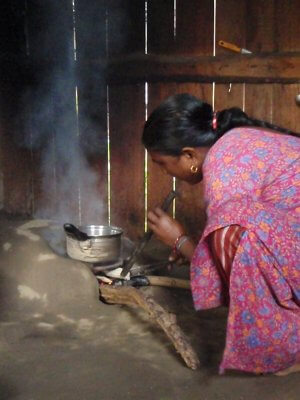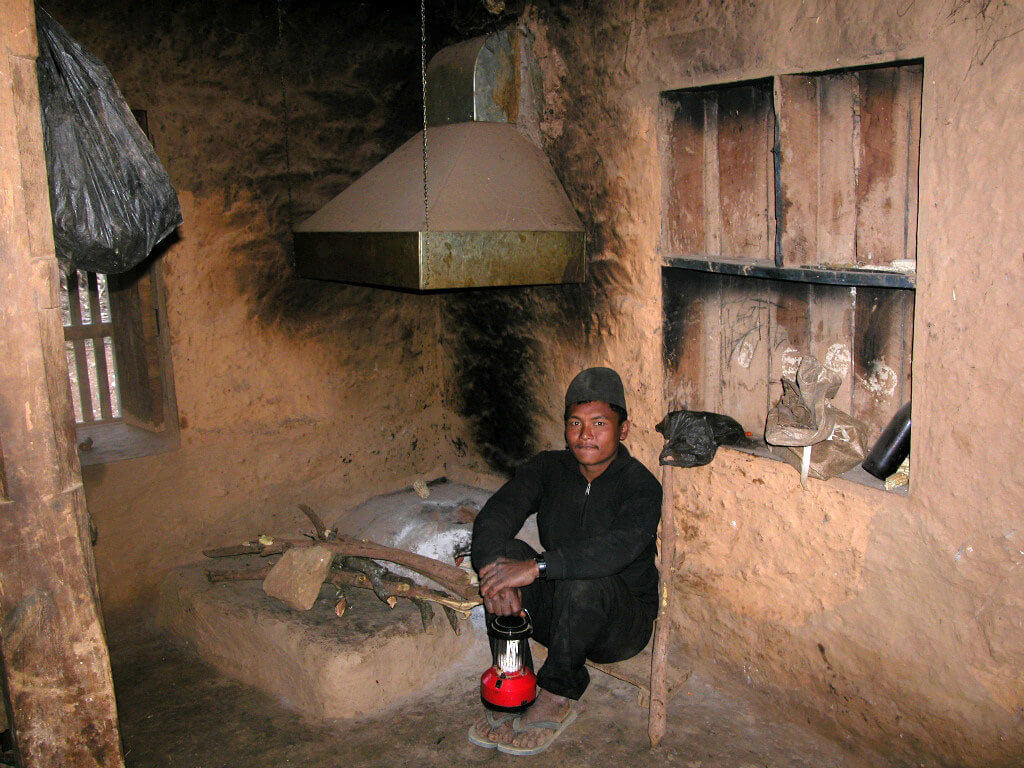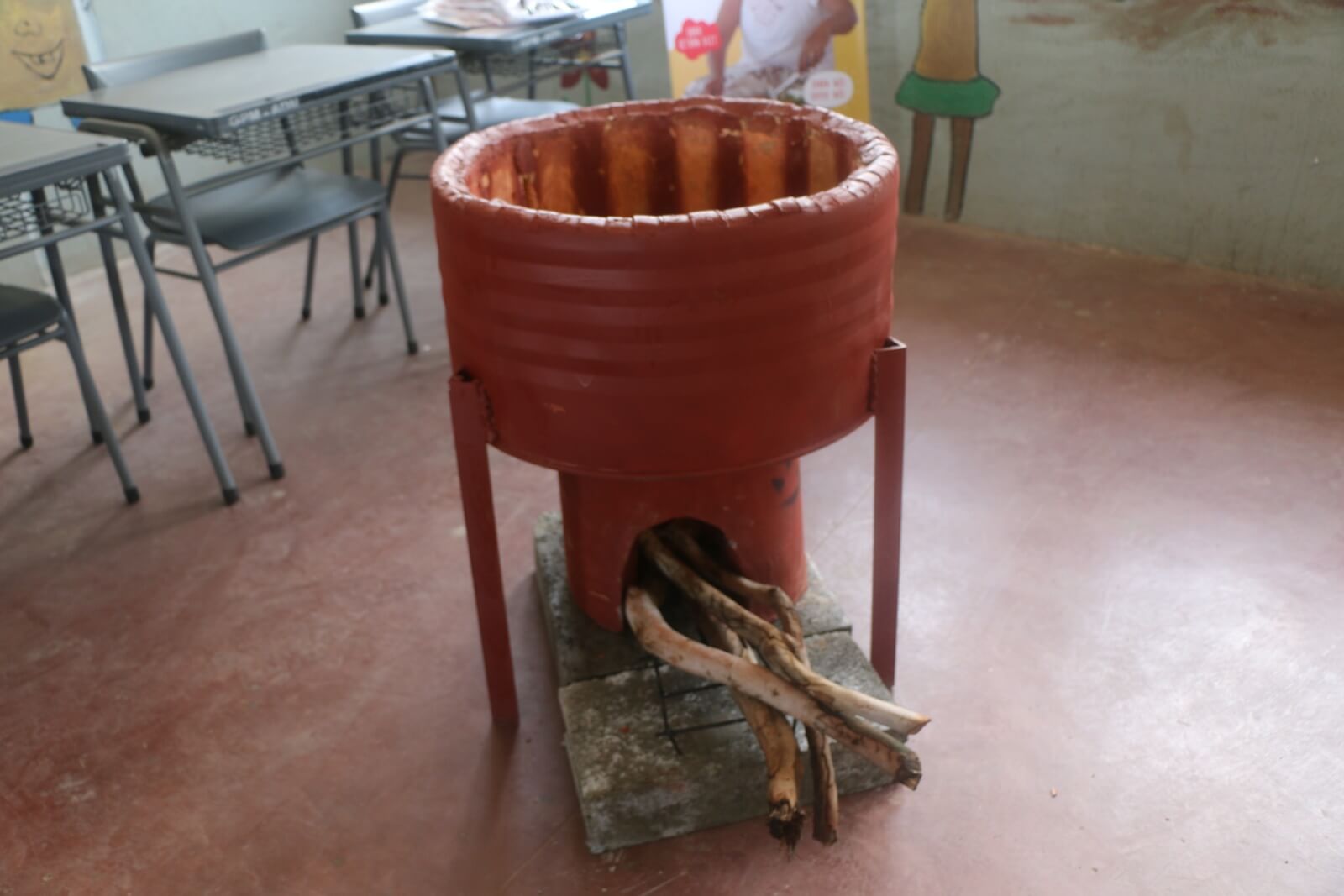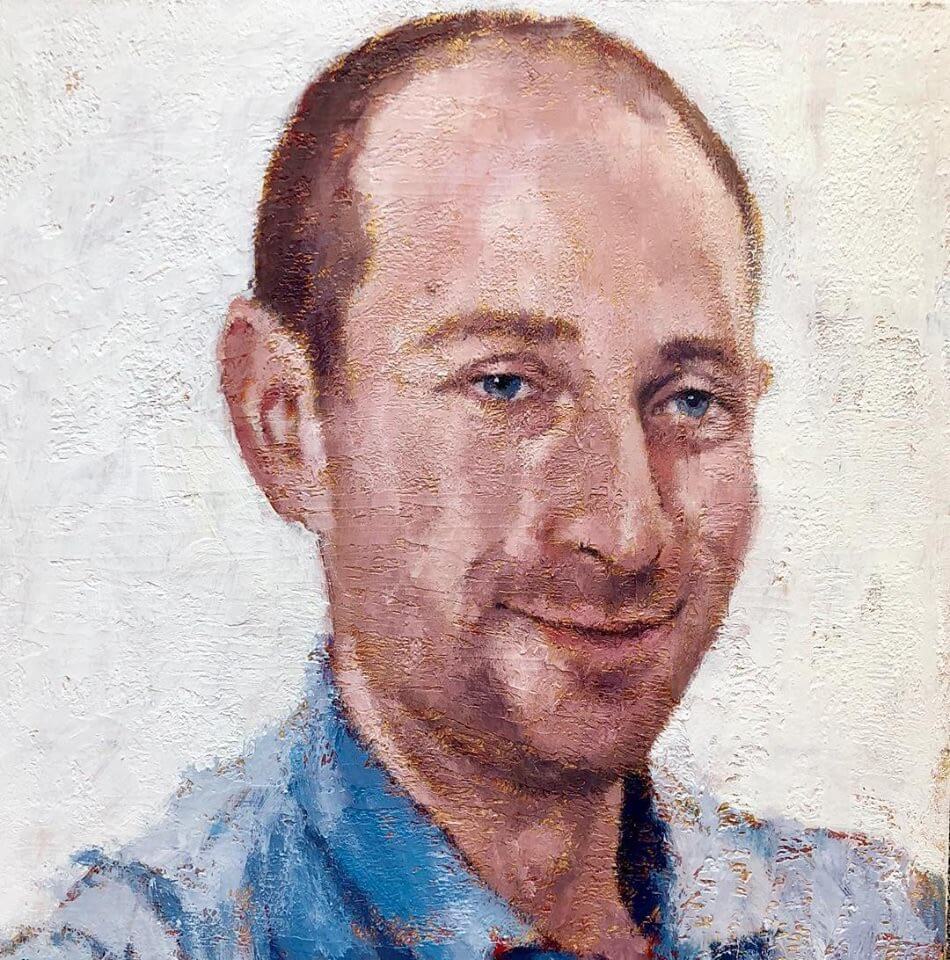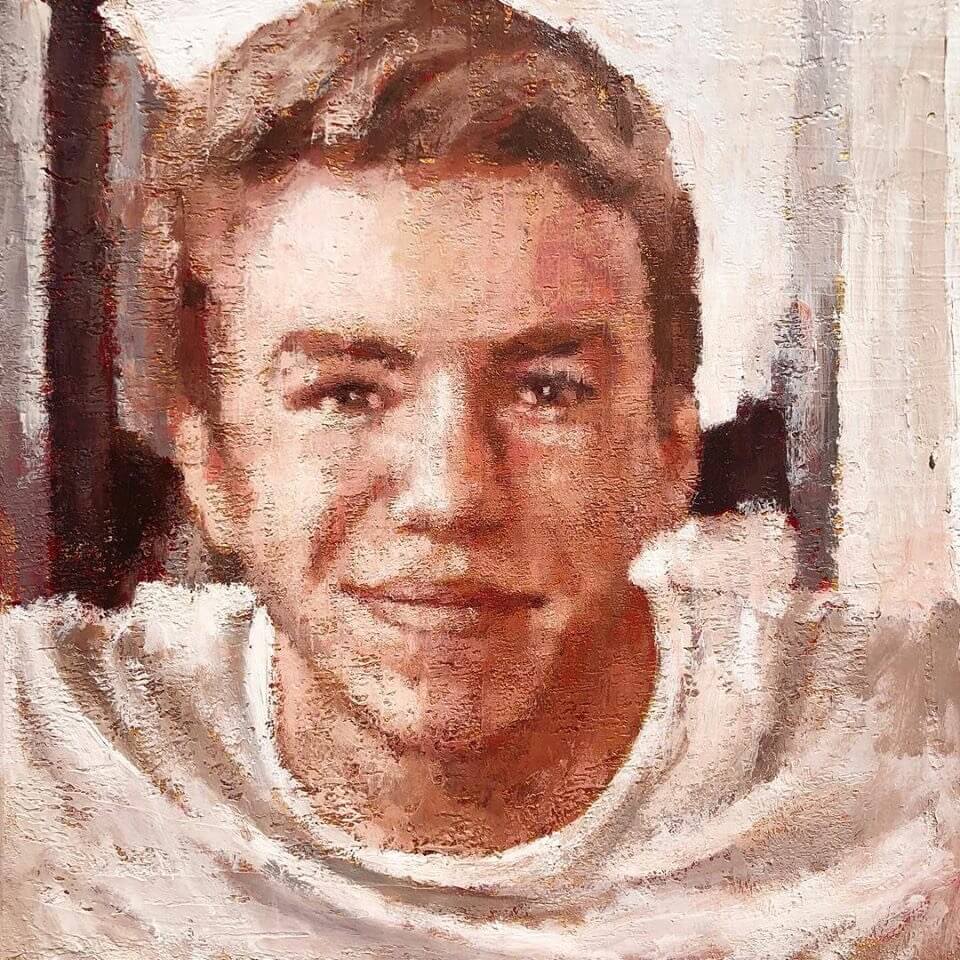Salt Lake City, Utah — Less than two weeks after launching, the Camas-Washougal-based #MarchKindness campaign, which was Lacamas Magazine’s response to the horrific Florida school shootings, was adopted by the State of Utah and became HCR 22 #MSDKindness Month. The bill unanimously passed the Utah Senate and House Thursday morning, and was signed by Governor Herbert.
HCR 22 was written by Dr. Mirella Petersen, a Florida-based advocate for mental health and autism issues, who was in Utah to finish legislative business. Petersen lives close to Ryan and Kelly Petty, whose daughter, Alaina, was murdered at Douglas High School, along with 16 other innocent people.
”I saw the #MarchKindness video that Lacamas Magazine produced, and I thought Utah can adopt this,” said Petersen. “So last Thursday, I wrote the bill in four hours and presented it to Attorney General, Sean Reyes, Representative Paul Ray, and Senator Dan Thatcher.”
Both Ray and Thatcher co-sponsored the bill and managed to get it through the legislative process at lightning speed. The Utah Legislative session ended on March 8, the same day HCR 22 was passed.
”The stars aligned very quickly,” said Petersen. “It’s really a miracle.”
Ray agreed.
”Bills usually take nine weeks to get through — sometimes up to a year,” said Ray. “We felt this continuing resolution was a good idea to help promote kindness in an official capacity and to tie it into our SafeUT app. You guys in Washington started a national movement.”
Ryan Petty was honored by HCR 22, and was in attendance with daughter, Meghan, son Ian, and daughter-in-law, Sophia. Petty had spent the previous few days working with the Florida Legislature to pass a school safety bill, which gives schools additional protections against shootings.
”I was honored to represent all 17 victim families as the Utah Legislature recognized our loved ones by declaring April a month of kindness,” said Petty. “We are all honored by what the Utah Legislature has done. We came together as families to make sure we are the last ones that ever lose a family member to senseless school violence.”
Petty said “what our friends in Washington did with #MarchKindness is the perfect response to what is happening in today’s society. The campaign personifies our daughter, and helps lift the dialogue. We have to do better. Fortifying our schools is the last line of defense, so we have to start earlier and help people by being kind to them, to fund our mental health programs, and respect each other. We will continue these efforts.”
The Petty family, with their guests, the Jenkins family, and a Washington delegation, which was represented by Ernie Geigenmiller and Jordan Geigenmiller, and their guests Tracie Goettig, Charles Hall, and Blaine Cutler, received a warm reception by Utah State Attorney General, Sean Reyes.
”We thank all of you for coming here today,” said AG Reyes. “To the Petty family, we express our love to you today, and as you now, you have many here who are your family — and here on the Hill, too, we are your family, whether you wanted us or not, you’re stuck with us.”
During the meeting, Thatcher said “The Legislature has suspended some of the rules to make this vote happen today. It’s that important we do this.”
Following the private reception, AG Reyes escorted the parties to witness HCR 22’s vote in the House, which was introduced by Representative Ray.

From left: Dr. Mirella Parker; Utah Attorney General, Sean Reyes; Ryan Petty; and Meghan Petty. They were presented a cherished painting.
“The Petty’s are with us because their daughter, Alaina, was one of the victims in the Parkland, Florida shooting, and so they’ve been very involved across the nation getting the word out. And, the two things they are doing is trying to honor the memory of their daughter and the service she gave, and also to help stop these senseless acts of violence … The state of Washington, which is where they lived prior, made March a month of kindness in their honor … to spread the message of kindness and working together … what we’re doing here in Utah is we’re adopting April as our month of kindness, and we’re putting together a website that people can go to and report acts of service they are doing. We’re also challenging other states to adopt a month throughout the rest of the year …”
Highlighted provisions are:
- Honors the victims of the Marjory Stoneman Douglas (MSD) High School tragedy for the exemplary lives and acts of service by designating the month of April 2018 as #MSDKindness month.
- Encourages the citizens of Utah to participate in random acts of kindness during the month of April 2018 and report their acts on the SafeUT mobile application. The app promotes school safety and access to critical services for school-aged children in the state of Utah. The app itself has thwarted 86 attacks, according the Utah AG’s office. We will provide a detailed article on how the SafeUT app works.
- Challenges other states to claim a remaining month of 2018 as their state’s month of kindness.
- The resolution will be sent to State Legislatures of the other 49 states and each member of Utah’s Congressional delegation.

The Utah House Floor.
The names of all the victims were then read:
- Alaina Petty, 14;
- Alex Schaffer, 14;
- Alyssa Alhadeff, 14;
- Cara Loughran, 14;
- Gina Montalto, 14;
- Jaime Gutenberg, 14;
- Martin Duque Anguiano, 14;
- Luke Hoyer, 15;
- Peter Wang, 15;
- Carmen Schentrup, 16;
- Helena Ramsay, 17;
- Joaquin Oliver, 17;
- Nicholas Dworet, 17;
- Meadow Pollack, 18;
- Scott Beigel, 35;
- Aaron Feis, 37;
- Chris Hixon, 49

Utah Senator Daniel Thatcher introduces HCR 22 to the Senate Floor.
Once the House passed HCR 22, it moved onto the Senate, and we had the opportunity to witness the event on the Senate Floor.
Thatcher introduced the bill and said, speaking of Alaina, “Above all, her dad wanted you to know of her incredible kindness, and her desire to be friends with everyone.”
Thatcher then showed his fellow senators the 60-second #MarchKindness video.
“So, when Representative Ray and I first learned about #MarchKindness, our first thought was CHALLENGE ACCEPTED, “said Thatcher. “What better place to take an idea like this and carry it forward than Utah.”
HCR 22 unanimously passed the Senate.
A national website was created to honor the victims and report acts of kindness. The website is www.msdkindnessmonth.com
Representative Ray is working with Indiana to see if they accept the challenge.
#MSDKindness
Kindness Gallery
-

-
Dr. Mirella Petersen authored HCR 22 #MSDKindness, which was co-sponsored by Representative Paul Ray and Senator Dan Thatcher.
-

-
At the press conference following the final passage of HCR 22 #MSDKindness Month.
-

-
The Petty family on the Senate Floor. From left: Ryan, Ian, Sophia, and Meghan Petty.
-

-
Utah Senator Daniel Thatcher introduces HCR 22 to the Senate Floor.
-

-
Senator Don Thatcher welcomes the Petty family to the Utah Senate floor.
-

-
Jorgan Geigenmiller waits in a Capitol building hallway with Utah Attorney General, Sean Reyes, and police guard, Ekolu Delos Santos.
-

-
The Petty family awaits passage of HCR 22 #MSDKindess Month in the House Gallery
-

-
The SafeUT app will be modified to help students report acts of kindness.
-

-
The Utah House Floor.
-

-
Ryan Petty served an LDS mission in Ecuador. Here he is with his mission president, Charles Hall.
-

-
From left: Dr. Mirella Parker; Utah Attorney General, Sean Reyes; Ryan Petty; and Meghan Petty. They were presented a cherished painting.
-

-
Final passage of HCR 22 #MSDKindness Month in the Utah House.
-

-
Honoring the victims of the Douglas High School shooting in Florida.
-

-
Ryan Petty talks with an NPR reporter.
-

-
The Utah Attorney General’s Office, Senator Dan Thatcher, and Representative Paul Ray hosted the Petty’s and authors of the #MarchKindness campaign.









